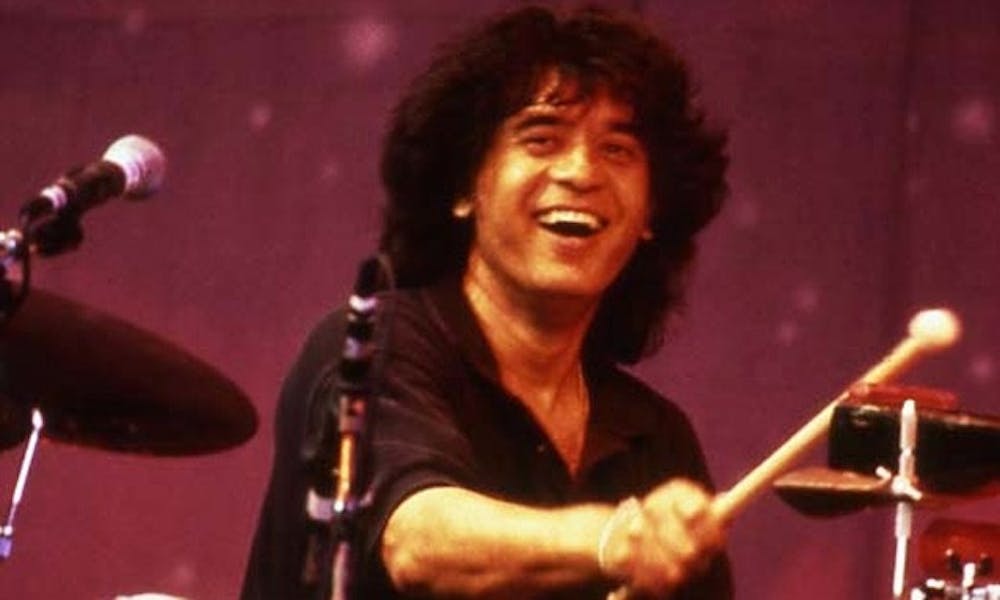Zakir Hussain is India’s equivalent of a rock star.
On Friday, Duke Performances will showcase the country’s most acclaimed tabla player, Zakir Hussain. The son of reknowned tabla player Alla Rakha—who played with Ravi Shankar—Hussain has achieved celebrity on par with his father. “He’s loved by everyone in India” said Duke Professor Srivinas Aravamudan. “He’s not quite Michael Jackson, but no one is.”
To describe Zakir Hussain as a flawless instrumentalist is to do him disservice. Hussain mastered the technical aspects of the tabla at a young age and quickly began to explore new ways of expression. Over the years, he has collaborated with artists as various and esteemed as George Harrison, YoYo Ma and John McLaughlin, bringing tabla to unexpected settings. His collaborative album, Global Drum Project, won a Grammy Award in 2009. Throughout, Hussain never abandoned his love for Indian tradition, and it is this music which will take center stage on Friday.
Hussain returns to Duke after an outstanding performance two years ago in Page Auditorium. Friday’s sold-out concert introduces to Durham Rakesh Chaurasia, the man Zakir Hussain calls the greatest flautist of our time.
“I try to introduce onto the American and world stages a new crop of master musicians emerging in India,” said Zakir Hussain. “I took it upon myself to showcase Rakesh Chaurasia.”
Rakesh, the nephew of Hariprasad Chaurasia, the most famous bansari flute-player in India, has become famous among musicians around the world. He is also one of the most sought after musicians in the Bollywood film industry.
“Rakesh is an up-and-coming star,” said Professor Aravamudan.
Duke Performances has shown commitment to bringing Indian classical musicians to Durham. Besides Friday’s concert, sitarist Anoushka Shankar, daughter of Ravi Shankar, will perform in April. These shows offer Duke the opportunity to appreciate a musical tradition often unnoticed in America.
Listeners unaccustomed to Indian music should not expect a canned performance. Indian classical music, unlike most of Western classical music, is inherently improvisational.
“Nothing is written in stone,” Zakir Hussain said. “If we start a song and a new melody emerges, we will explore that.”
Indian performers also expect a different mindset from their audience.
“With Indian music, a good audience member is someone who is present,” explains Duke Professor Satti Khanna. “In the general academic environment we are rational and analytic first. Listening to Zakir and Rakesh, the audience should notice what awakens in them.”
Get The Chronicle straight to your inbox
Signup for our weekly newsletter. Cancel at any time.

